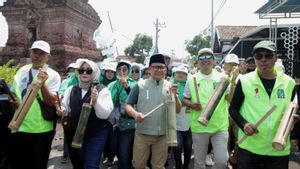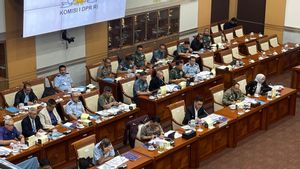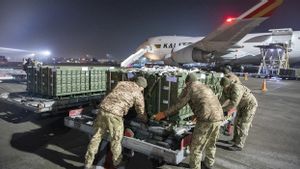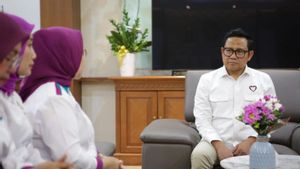JAKARTA - The Japanese government has approved a new policy that replaces the controversial training program for foreign workers in order to strengthen the protection of human rights (HAM).
The new program, as reported by Kyodo, includes enhanced rights protections with increased flexibility to change jobs and stricter supervision.
"We want to make Japan a country that foreign talents will choose (to work)," said Japanese Prime Minister Fumio Kishida regarding the decision as reported by ANTARA from KYODO-OANA, Friday, February 6.
The approval paves the way for the government to submit a bill to parliament in early March to introduce the new system.
"We will continue work based on this policy," added PM Kishida instructing ministers to improve the conditions for accepting foreign workers.
The current Technical Apprenticeship Training Program has been in place since 1993 and was designed to transfer skills to developing countries, but the program has been controversial because it has been criticized as a cover for importing cheap labor as Japan's working-age population shrinks.
The government has strict regulations prohibiting trainees from changing jobs unless there is a compelling reason and many flee due to violations such as unpaid wages and harassment.
BACA JUGA:
Although the new program's final report said trainees should be allowed to change jobs after one year of service, lawmakers expressed concerns about the potential for trainees to move from rural areas to better-off urban areas.
The government finally decided to set a maximum limit for job transfers of two years depending on the field.
Another requirement is that trainees must pass the easiest Japanese Language Proficiency Test "N5" level or "N4" level which shows a basic understanding of Japanese.
Under the new system, trainees will be able to switch to a specific skilled worker system introduced in 2019, which allows for stays of up to 5 years with the potential to obtain permanent residency.
The English, Chinese, Japanese, Arabic, and French versions are automatically generated by the AI. So there may still be inaccuracies in translating, please always see Indonesian as our main language. (system supported by DigitalSiber.id)

















